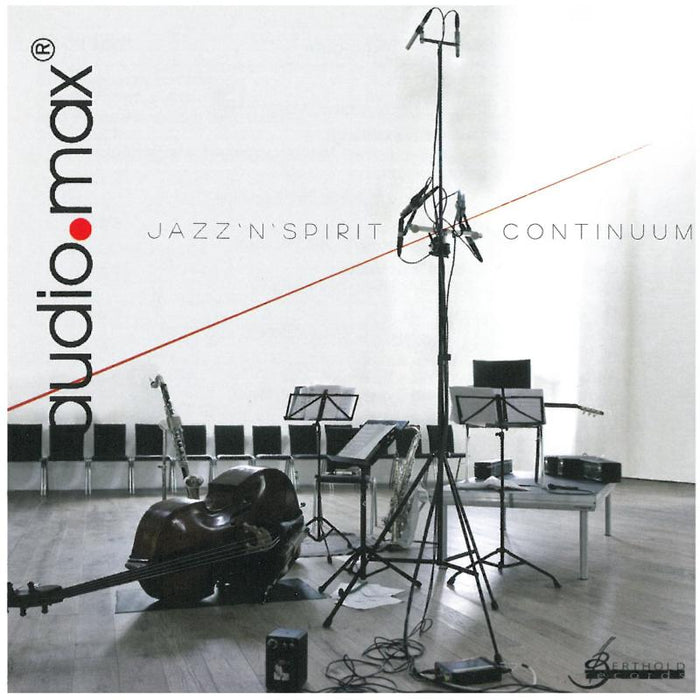Description
Charles Ives (1874-1954): Piano, Chamber and Vocal WorksCharles Ives was born in 1874 in Danbury, Connecticut, asmall New England town dominated by the Ives clan. Hisfather, however, rejected the conventional life to become amusician. After leading reputedly the finest band in theNorthern army during the American Civil War, George Ivesprovided musical nourishment for his townspeople whilesimultaneously undertaking musical experiments thatsowed the seeds of his son's development. Charles wastwenty, enjoying college life, when his fiercely selfdisciplined,adventurous father died. He lost the only personwho heard his music sympathetically and perceptively.Charles had been sent to Yale to learn the basics ofcomposition from the mainstream composer HoratioParker, who found the young man's music insufferable. Afew years after graduation, Charles understood that earninga living in music required compromising his musical vision.He therefore entered the insurance business, becoming alegend in the business and achieving enormous financialsuccess, which his employees attributed to an unfailingunderstanding of human nature.For some fifteen years he spent gruelling days inbusiness and nights composing, but in 1918 suffered amassive heart attack. With his health deteriorating he wrotehis last work in 1926 and retired from business. He liveduntil eighty, however, revising his scores and quietly usinghis affluence in the cause of American composition. Apartfrom his indefatigable wife Harmony, and close friendssuch as composers Henry Cowell and Carl Ruggles andtheir wives, Ives was almost completely isolated musically.Cowell published some of his music; scatteredperformances attracted some attention. Performances of hismusic begin in earnest in the late 1930s, when the pianistJohn Kirkpatrick unveiled the monumental 'Concord'Sonata. Then a 1946 performance of his Third Symphony,conducted by Lou Harrison, led to a Pulitzer Prize. Themusical world was beginning to appreciate Ives'significance just as he died in 1954.These bare facts tell but little of an extraordinarilyvisionary mind. An heir to New EnglandTranscendentalism, Ives shared its reverence for the beautyand power of the individual, and its mystical faith in theone-ness of humanity and nature. He detested the staletraditions that dominated musical life: 'rules' wereacceptable only if they facilitated creativity. In this spirit heconstantly sought new and appropriate means of orderinghis impulses, arriving at compositional methods thatanticipated the thinking of generations yet to come.'Playability' was never an acceptable limitation: 'Is it thecomposer's fault that man has only ten fingers?'To Ives, ordinary mortals at worship, singing roughlyand out of tune, but from the soul, knew more about musicthan those with flawless vocal techniques. His love ofspontaneous, untrained creativity led him to unprecedentedfeats of compositional virtuosity. For if one loved the spiritof a revival meeting, where everyone









